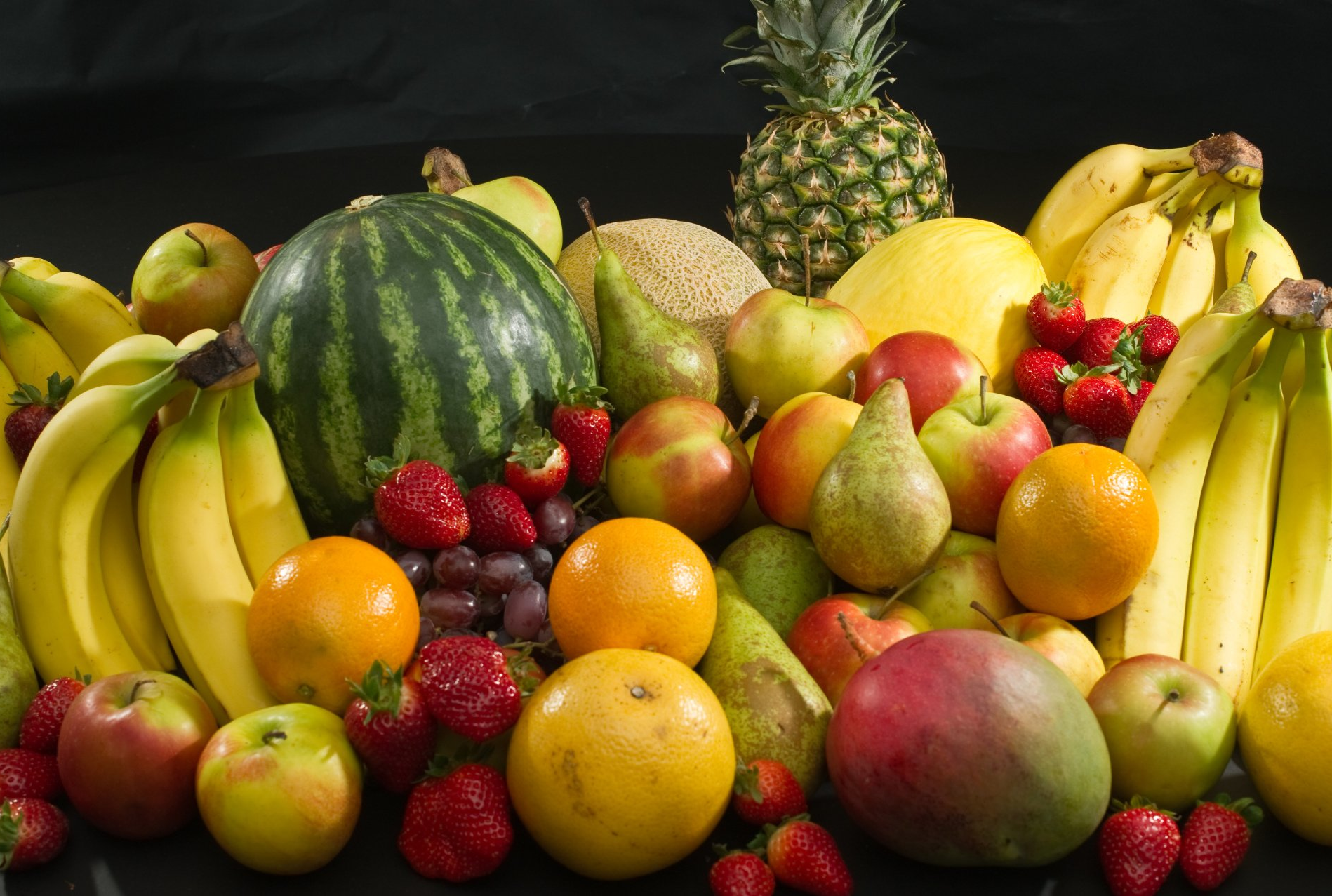Misconceptions About Kwanzaa: Does Kwanzaa Promote Misandry or Misogyny?
- By kwende ukaidi
- •
- 20 Dec, 2021
- •
Celebrating the Wonderful Observance of Kwanzaa

Afrikan family, community and nation is established, developed and maintained
through wholesome relations, each Afrikan soul to the next. In this, the relations
between the Afrikan man and the Afrikan woman are foundational. In the first
instance, it is naturally from the intimate relationship between the two that facilitates
new life being brought forth. Through the natural and necessary biological
differences as orchestrated by the Creator Supreme, the Afrikan man and the Afrikan woman can form union of
harmonious complementarity from which familyhood flourishes. At the basis of ordered
life expression and rightful functioning is Afrikan culture where masculinity
of the Afrikan man flourishes and femininity of the Afrikan woman flourishes. This
of course is enshrined within the age-old story of King Ausar, Queen Auset and the
Royal child Heru. As such, the continuum of Afrikan souls thrives as Afrikan
men establish, develop and maintain their kingly masculine manhood and Afrikan
women establish, develop and maintain their queenly feminine womanhood. In so
doing each level of the Afrikan self: person, harmonious and complementary male-female
union, family, community, nation and so on prospers.
Unfortunately, with the interruption and disruptions of recent centuries
Afrikan souls and their culture have been set upon in destructive ways by
others who mean the Afrikan ill. Amidst the imposed chaos and disorder, the
natural heights of Afrikan cultured living and order have taken a toll. Seeds
of contempt and disdain were sown by alien forces who concocted and peddled a
barrage of vices and ploys attempting to inject ills of destruction into what
would normally be wholesome and thriving Afrikan relations. Alien ills such as misandry
and misogyny can have a serious negative impact on Afrikan life.
According to a popular mainstream platform the word misandry is defined
as being the:
“dislike of, contempt for, or ingrained prejudice against men”.
From the same source the word misogyny is stated to mean the:
“dislike of, contempt for, or ingrained prejudice against women”.
Neither of these ills are a part of Afrikan cultured living. Afrikan women
holding an ingrained prejudice against Afrikan men or, Afrikan men holding an
ingrained prejudice against Afrikan women does not produce the greatest and
most long-lived civilisations known to world (a distinctly Afrikan preserve). Therefore,
for Afrikans to express their lives with such ills surely highlights a level of
contamination to purge from the living self with restoration of cultured life.
Victoriously, Afrikan souls have organised themselves to restore
cultural fabric and establish a time of the year to celebrate Afrikan life,
family and culture. This of course is with the wonderful seven-day cultural
observance of Kwanzaa (26th December to 1st January). Kwanzaa
is a powerful vehicle of cultural restoration and ascension to lift Afrikan
souls from their rightful basis of cultured living and order. It empowers and
celebrates the building of Afrikan family, community, nation and world community.
This is necessarily void of Afrikan women hating Afrikan men or Afrikan men
hating Afrikan women. On the contrary, families are built and thrive with
unions of harmonious of male-female complementarity and rightful order. A suggestion
that Kwanzaa promotes misandry or misogyny is a gross misconception that is anti-Afrikan
culture.
Kwanzaa is one of the essential cultural observances of life
within the Universal Royal Afrikan Nation. The Universal Royal Afrikan Nation
(URAN) is an Afrikan-centred spiritual and cultural mission for ascendancy that
embodies living spiritually and culturally rooted life. To find out more about
URAN and its spiritual-cultural mission for liberty and nationhood click here.
The exquisite URAN pendant can be obtained online by clicking here.
In his capacity as an Afrikan-centred spiritual cultural practitioner this author is available for further learning in this regard and also for the carrying out of ceremonies such as naming and name reclamation. For details please click here.
Afrikan World Studies programmes are an important forms of study in understanding the Afrikan experience. There are a range of subjects covered on these programmes including History, Creative Production, Psychology and Religion. To find out more about these learning programmes please click here. For the video promo for these learning programmes click here.
Also, in the approach to the important cultural observance of Kwanzaa, the text: From Pert-En-Min to Kwanzaa - A Kuumba (Creative) Restoration of Sacred First Fruits by this author is available to purchase online here. This publication provides informative detail on the of the Kwanzaa celebration. You can also visit the institution of Yemanja to pick up a copy.
At nominal cost, also consider acquisition of an a4 laminate poster of articulations by this author when visiting the Yemanja institution to enrol, consult, learn, gather or otherwise.
Also, visit www.u-ran.org for links to Afrikan liberation Love radio programme on Universal Royal Afrikan Radio online
